‘If my films help the Bengali film industry in any way, I’ll be extremely happy. I’m extremely flattered that I’m being compared with Satyajit Ray. But I feel I’m majorly overrated. I came into Bengali cinema at a time when intelligent urban films were going out of fashion. That’s why I found a place quickly.’
– Rituparno Ghosh
‘Tomar thot aamar thot chulo
jodio ei prothombar noi
chumbon to ageo bohubar…
eibar thothe mileche ashroi’
Lines from a poem from Dosar (2006)
Rituparno Ghosh (31 August 1963 – 30 May 2013) came into Bengali cinema at a time when Bengali cinema was at a low ebb. Often and rightly compared with the genius Satyajit Ray, Rituparno Ghosh took Bengali cinema to the world stage. He was a film director, actor, writer, and lyricist of international repute. He gave Indian cinema some of the finest films the world has ever seen. Whom Gods love, die young. Rituparno was just 49 when he bade farewell to the world on May 30, 2013. He went on to make quality films, each better than the other. Though he started his career as a creative artist at an advertising agency after earning a degree in Economics, he shot into limelight with his second feature film Unishe April (1994) starring Aparna Sen, Debashree Roy, Prosenjit Chatterjee and Deepankar De. His genius can be gauged from the fact that Unishe April won two the prestigious National Film Awards including Best Feature Film. In a word, he took modern or contemporary Bengali cinema to newer, greater, and nobler heights.
Early life of Rituparno Ghosh –
Rituparno Ghosh’s father, Sunil Ghosh, was a documentary filmmaker and also a painter. Rituparno studied at South Point High School before getting a degree in Economics from Jadavpur University in Kolkata. He had at the Response India advertising agency and was well known for his excellent and effective copy-writing skills. He used to compose witty and brilliant one-liners and slogans for ad campaigns in Bengali during the 1980s. He earned recognition for some noted ad campaigns like Sharad Samman, Bongo Jiboner Ango for Boroline, and various others for Frooti.
Rituparno Ghosh’s chequered career –
Rituparno Ghosh’s first work was a documentary film on Vande Mataram for Doordarshan which he made for his own agency. Then came the big moment. He debuted as a director with Hirer Angti (1992), a film based on a Shirshendu Mukhopadhyay novel. It starred Moon Moon Sen and Basanta Choudhury and focus on a relationship shared between a gifted dancer and her emotionally detached daughter aspiring to become a doctor. An encouraged Rituparno Ghosh worked on a challenging subject. Dahan (1997), based on a true story involving a molested woman on a Kolkata street fetched Ghosh the National Film Award for Best Screenplay. Dahan was followed by Bariwali (2000) starring Kirron Kher, Rupa Ganguly, and Chiranjeet Chakraborty. Kirron Kher won National Film Award for Best Actress for Bariwali. Ghosh’s 1999 classic film Asukh dealt with the relationship between a young film star and her father. Asukh too won the National Film Award for Best Feature Film in Bengali. His next film Utsab (2000) based on the breaking away of the large family system also earned him the National Award for Best Direction. It was his 2003 film mystery-thriller Shubho Mahurat which deserves special mention. Making a thriller is a daunting task which he mastered in Shubho Mahurat. It is one of his rare gems. Based on Agatha Christie’s The Mirror Crack’d from Side to Side, Shubho Mahurat starred Rakhee and Sharmila Tagore. It had Nandita Das in a pivotal role. His other notable works include Chokher Bali (2003), Raincoat (2004) Antarmahal (2005), Dosar (2006), The Last Lear (2007), Khela (2008), Shob Charito Kalponik (2008), Noukadubi (2010) and Chitrangada (2012).
His sources of inspiration –
Rituparno Ghosh was immensely impressed and influenced by the works of two colossus figures, Nobel Laureate Rabindranath Tagore and master filmmaker Satyajit Ray. He made a film titled Jeebon Smriti based on the life of the revered bard. There are innumerable references to Tagore’s work in his films. He was a gifted director, a master story-teller, a maverick and a genius who in his career spanning almost two decades, won 12 National and many international awards. Taak Jhaank, his unreleased Bengali film, was honoured and also released at the 19th Kolkata International Film Festival.
Shubho Mahurat (Rituparno Ghosh) –
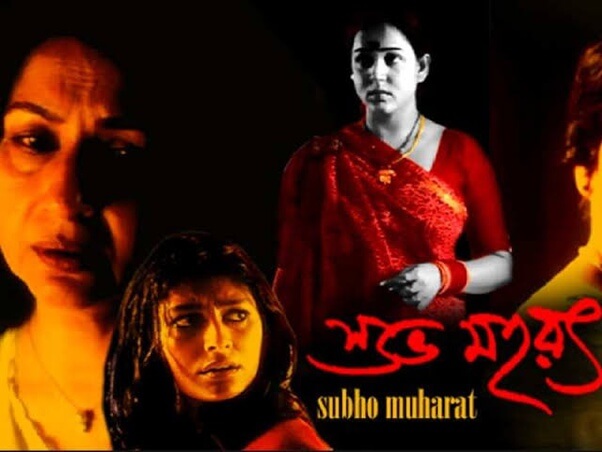
Shubho Mahurat is a Rituparno Ghosh special film. Only he could pull off such a stunning film in the whodunit genre. Rakhee as Rangapishi was flawless and Rituparno’s direction skills and abilities make this film very special. A superlative adaptation of Agatha Christie’s novel The Mirror Crack’d from Side to Side. It won two National Awards, one for Best Supporting Actress for Raakhee and the other for Best Feature Film in Bengali.
Dosar (Rituparno Ghosh) –
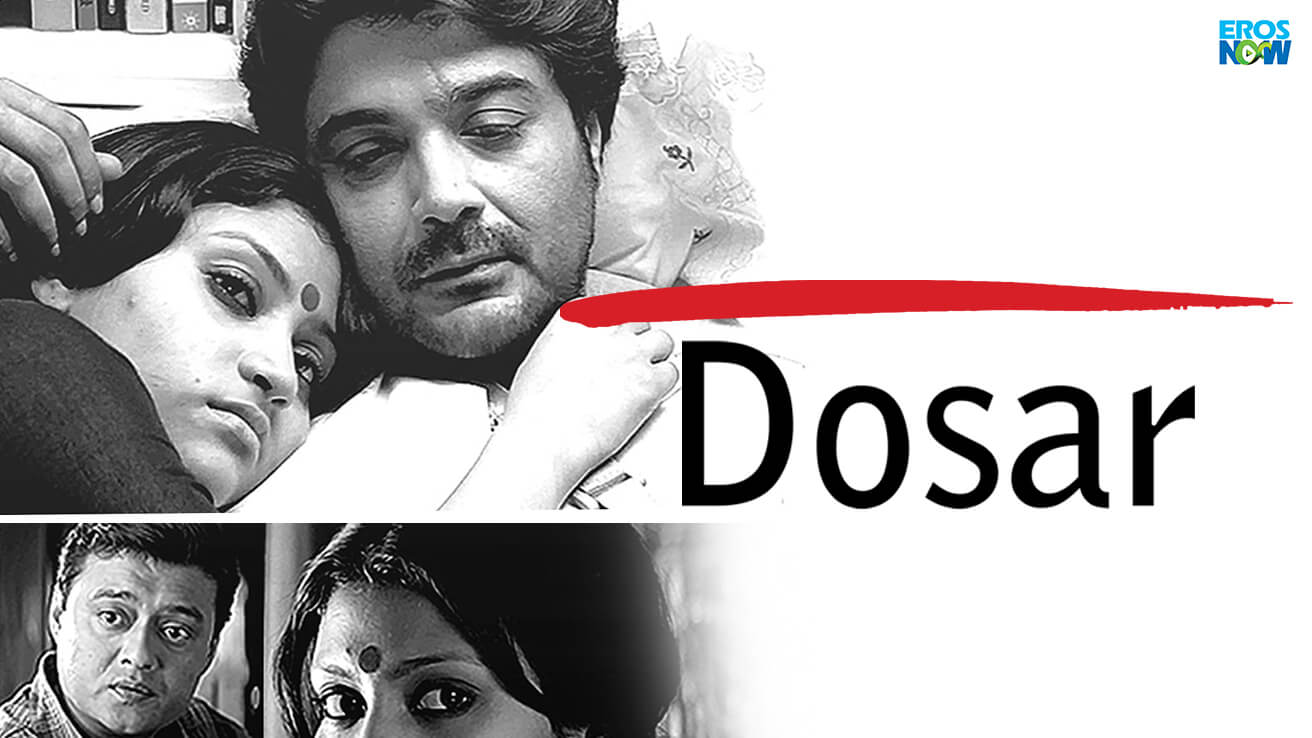
Made in black-and-white, Dosar won hearts as well as wards, Prosenjit Chatterjee and Konkona Sen Sharma delivered one of their most memorable performances. Prosenjit’s acting coupled with Rituparno’s direction skills makes Dosar a must-watch film. The film won the National Film Award – Special Jury Award/Special Mention (Feature Film) for the lead role portrayal by Prosenjit. Konkona Sen Sharma also who the Best Actress Award at the New York Film Festival in 2007. In fact, the film was premiered in the 60th 2007 Cannes Film Festival in the Les Cinema Du Monde section. Filmmakers like Rituparno Ghosh had gone, never to return. His way of making films and directing his actors was unique and marked the stamp of excellence and superiority.
Chitrangada: The Crowning Wish (2012) –
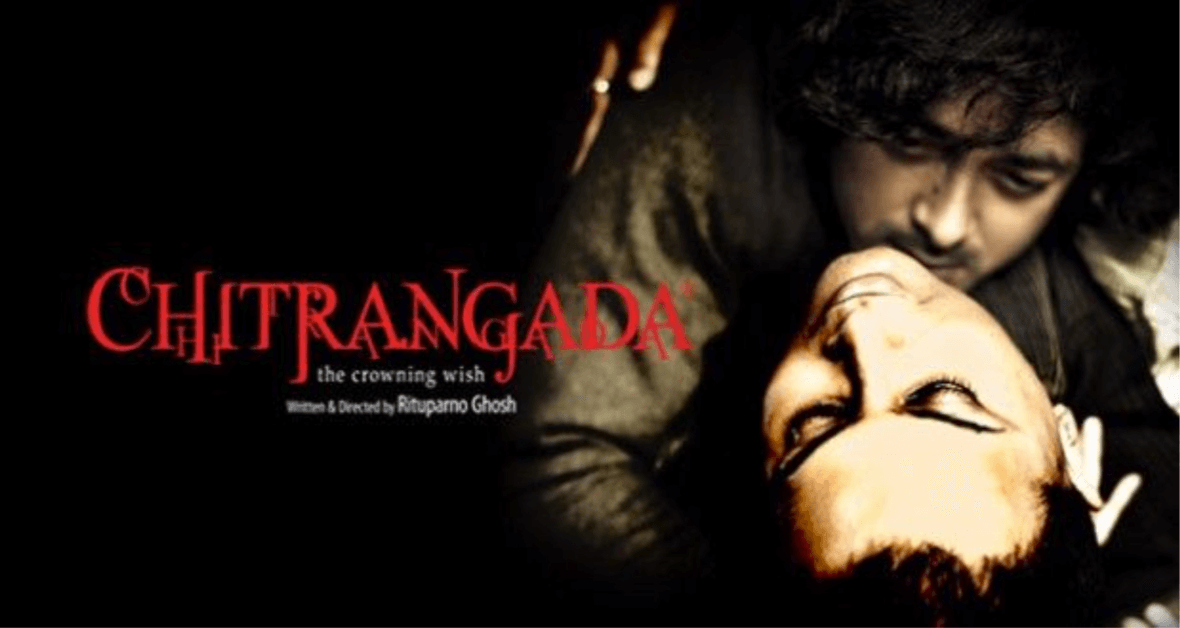
Chitrangada: The Crowning Wish (2012) is one of the finest films of Rituparno Ghosh. It is one of his seminal works. The film, which was written and directed by him, premiered on May 25, 2012, at the New York Indian Film Festival. Chitrangada is based on the story of Chitrāngadā from the Mahābhārata. The film tells the story of a choreographer who struggles with his gender identity.
Rudra Chatterjee (Rituparno Ghosh) has spent his life breaking shackles of society and by going against social convention. A young Rudra defies his father’s wishes and pursues his own career and interest. He became a choreographer instead of an engineer. During preparing Nobel laureate Rabindranath Tagore’s Chitrangada, he meets Partho (Jisshu Sengupta). Partho is a drug-addict percussionist who is introduced to the team by the principal dancer Kasturi (Raima Sen).
There, Rudra develops chemistry with Partho and they end up being in a passionate love affair. They even think of adopting a child. But here lies the problem: same-sex couples may not adopt a child or children. A lovelorn Rudra, instead of dropping adopting a child, takes a decision to undergo a gender change treatment.
He, in fact, wants to embrace womanhood for which he has been longing for. Will the surgery be successful? Will he get his dreams, wishes, and aspirations fulfilled? This forms the crux of the story. The message is clear: ‘Be What You Wish To Be’.
In addition to it, one can see the day-to-day life of a transgender choreographer, his relation with his parents, and how society treats him. The powerful content, superb acting abilities, and superlative direction skills set the movie apart. Rituparno Ghosh’s first-class coupled with some stunning performances by other actors makes the movie a must-watch.


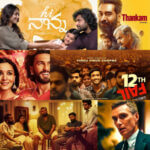





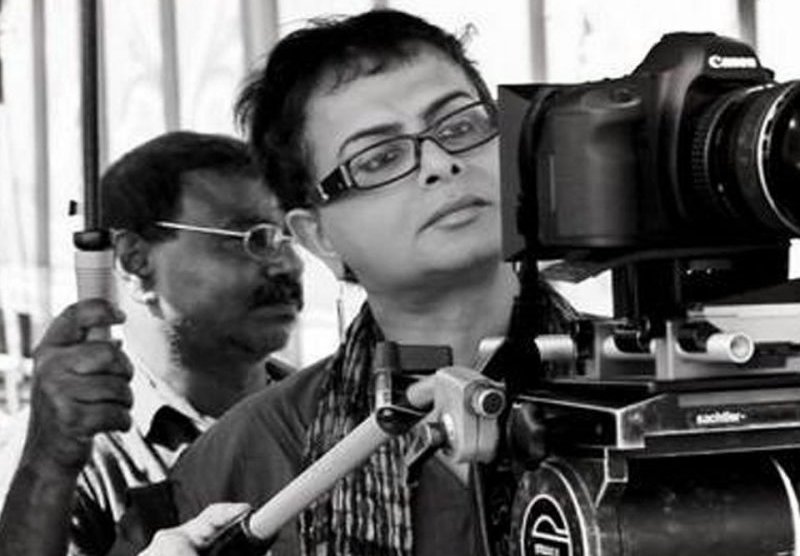


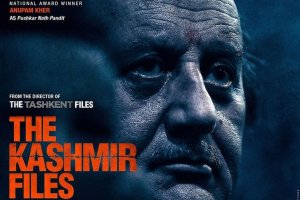



Add Comment